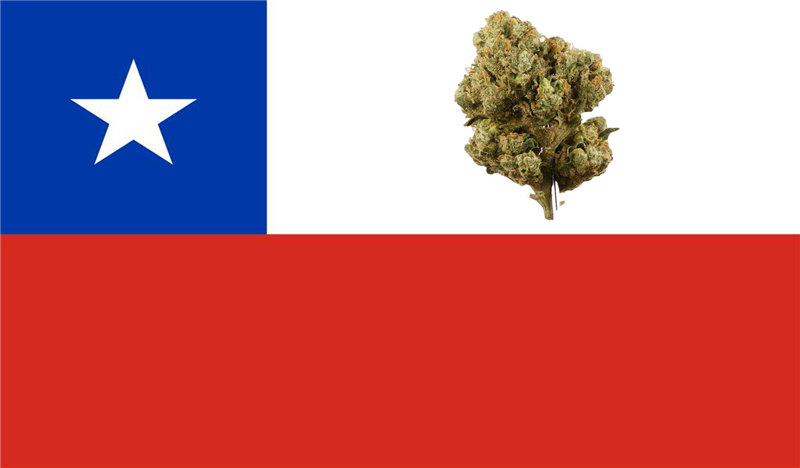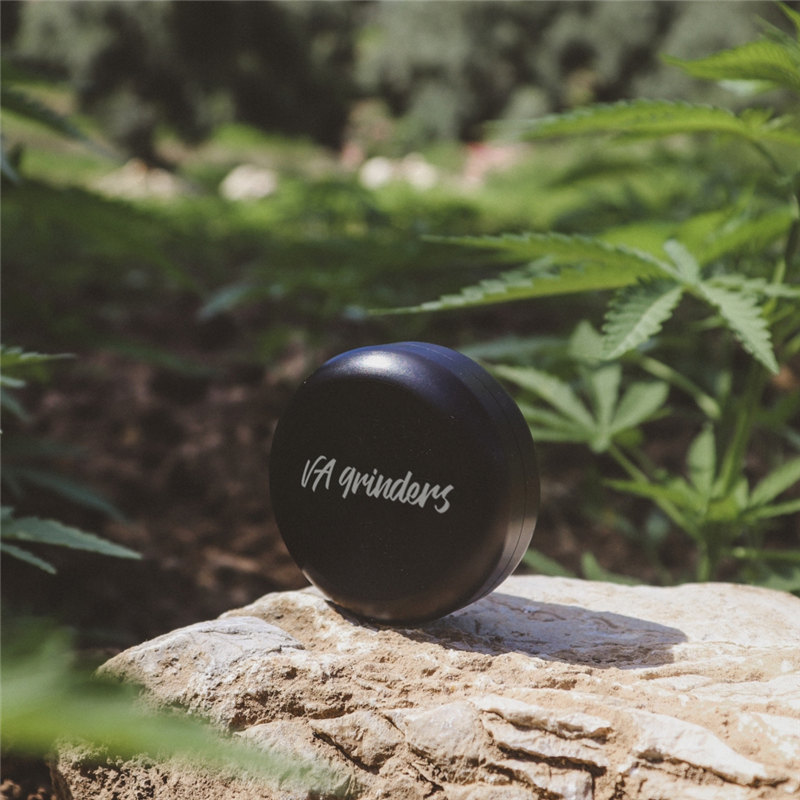Chile is one of the most recent Latin American countries moving forward with more open policies regarding cannabis use and cultivation.
Latin America has bore a heavy cost from the failed War on Drugs. Continuing with disastrous prohibition policies has been called into question by every country defying them. Latin American countries are among those taking the lead in reforming their drug laws, particularly around cannabis. In the Caribbean, we see Colombia and Jamaica allowing marijuana cultivation for medical purpose. In the southeast, Uruguay has made history with the modern world’s first formally-regulated cannabis market. Now, the southwest is moving towards a more progressive drug policy, particularly in Chile.
ATTITUDES TOWARDS CANNABIS IN CHILE
Cannabis use has experienced a long, rich history in Chile. American sailors reportedly had access to weed from coastal brothels in the 1940s. Much like elsewhere, the 1960s and 70s saw cannabis associated with students and hippies of the counterculture movement. There is a high frequency of lifetime cannabis use throughout Chilean society. This may have helped influence the cultural shift of the last decade. Chile was a country where cannabis was rarely considered on the political agenda. Now, pro-cannabis activists have managed to influence the court of public opinion and the government itself. Focussing on cannabis’ medical applications seems to have been persuasive, particularly in convincing older, more conservative factions who may just have a condition that cannabis could help alleviate.
The story of cannabis activist and entrepreneur Angello Bragazzi reflects Chile’s transformation. In 2005, he founded the country’s first devoted online seedbank closet.cl, legally delivering cannabis seeds throughout Chile. This was the same year Chile decriminalised the possession of small amounts of drugs. Heavy crackdowns on cannabis persisted, however, including a legal battle to shut down Bragazzi’s seedbank. In 2006, conservative senator Jaime Orpis was among those looking to see Bragazzi jailed. In 2008, Chilean courts declared that Bragazzi was innocent and acting within his rights. Senator Orpis has since been jailed as part of a corruption scandal.
LEGAL CHANGE IN CHILE
The Bragazzi case gave cannabis activists momentum to push for reform that recognised legally-established rights and expanded upon them. Marches for cannabis reform grew in number as the demand for medical cannabis became stronger. In 2014, the government finally allowed for cannabis cultivation under strict regulations for medical research. By the end of 2015, President Michelle Bachelet signed into law the legalization of cannabis for prescribed medical use. This measure not only allowed cannabis to be sold to patients in pharmacies, it also reclassified cannabis as a soft drug. In 2016, a medical cannabis boom was unleashed, featuring the almost 7,000 plants cultivated in Colbun at the largest medical marijuana farm in Latin America.
WHO CAN SMOKE CANNABIS IN CHILE?
Now, onto the reason you’re reading this article. If you happen to find yourself in Chile, who can legally smoke cannabis apart from Chileans with a prescription? The country’s attitude toward the drug is relaxed, with discrete consumption on private property typically tolerated. Although possessing small amounts of drugs for personal use is decriminalised, recreational consumption of cannabis in public is still illegal. The sale, purchase, or transport of cannabis are also illegal and the police will come down hard – so don’t take dumb risks.
Post time: Oct-13-2022






